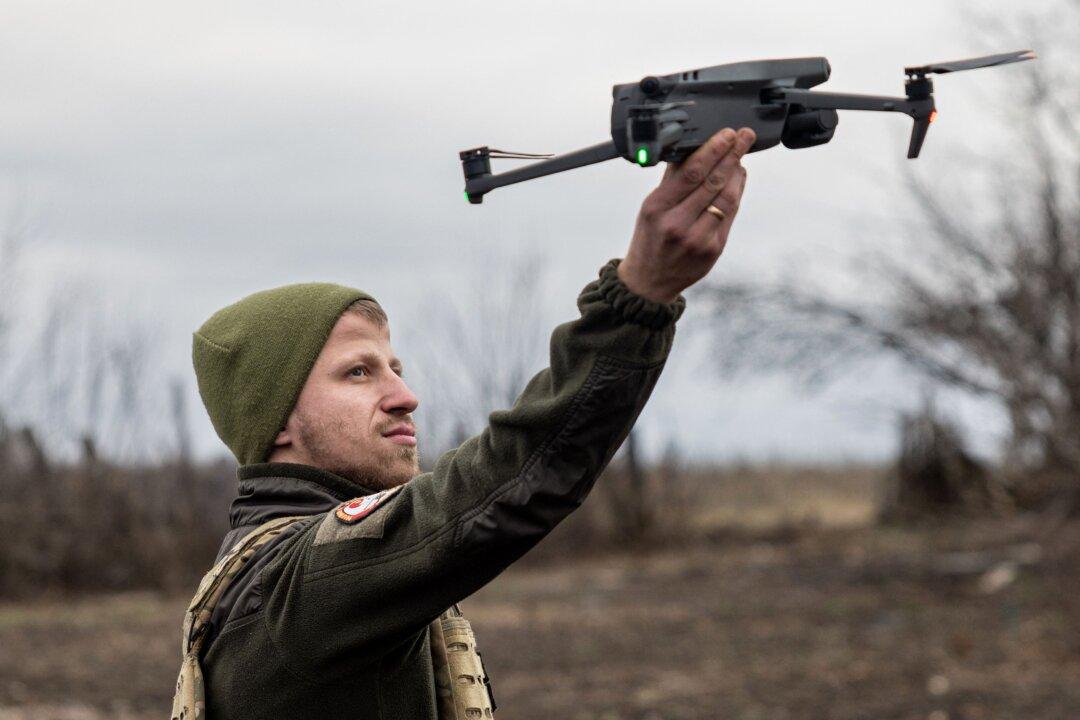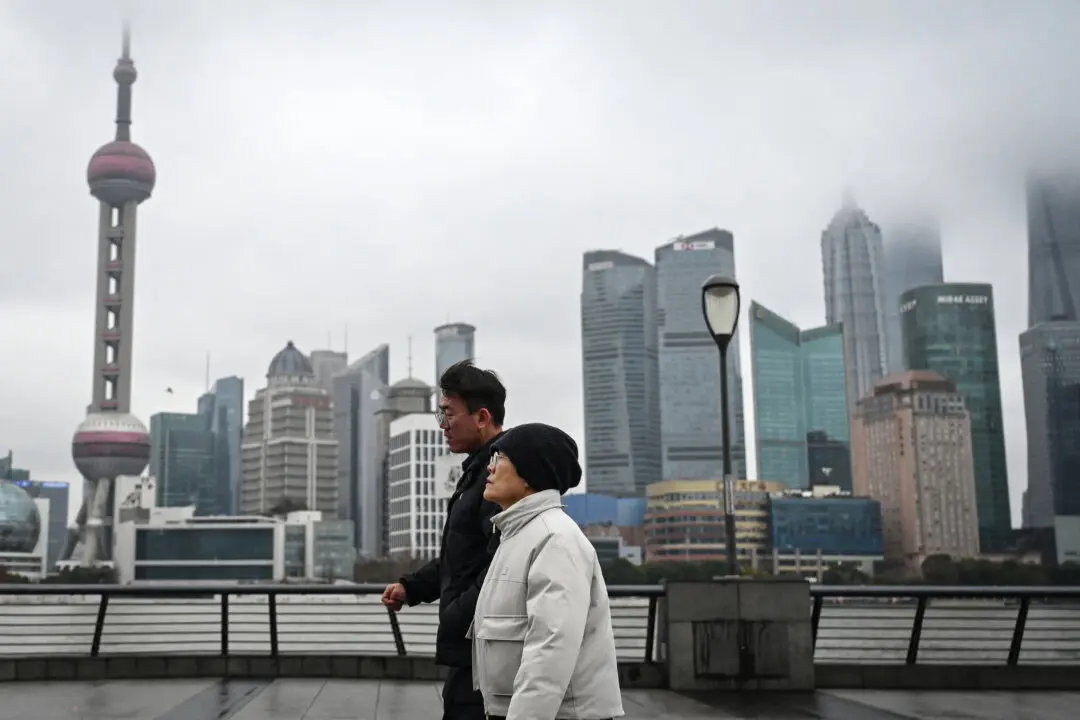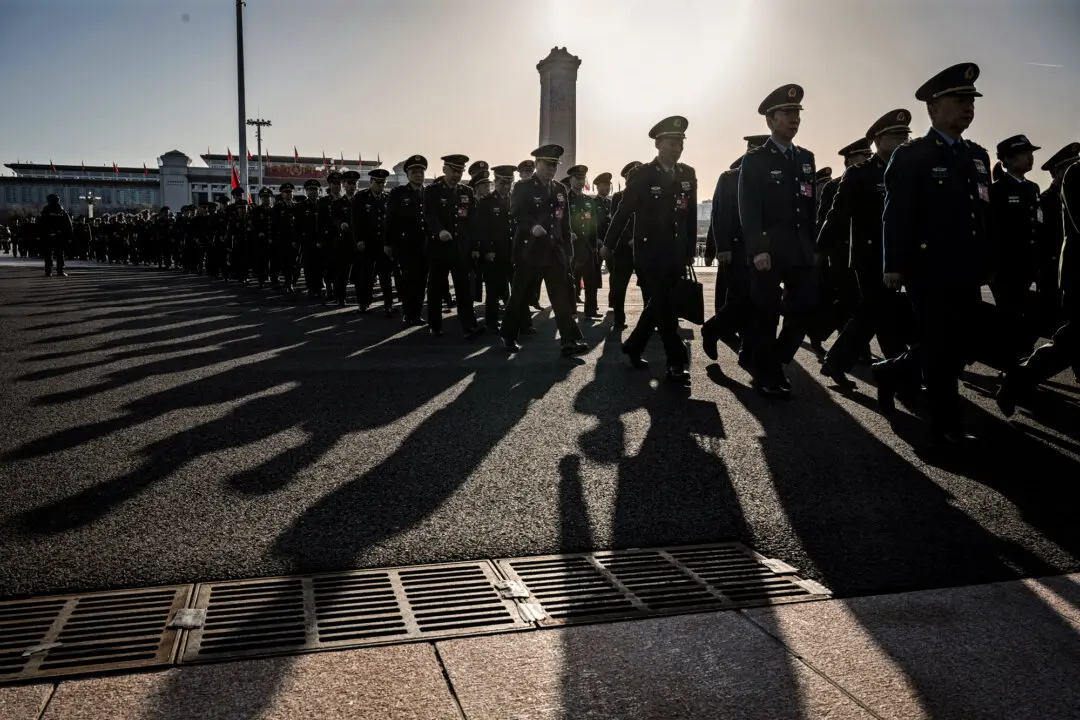The ruling Chinese communist regime says that it will ban the export of all unregulated civilian drones that can be used for military purposes or terrorist activities, while lifting some previous temporary restrictions on its drones. The adjustments will take effect on Sept. 1.
The new control list includes high-precision measurement equipment and some unmanned aircraft components, according to a joint statement issued on July 31 by the Chinese Communist Party’s (CCP) Ministry of Commerce, the General Administration of Customs, and the Equipment Development Department of the Central Military Commission. The decision is said to be aimed at preventing the use of drones in “the proliferation of weapons of mass destruction.”




